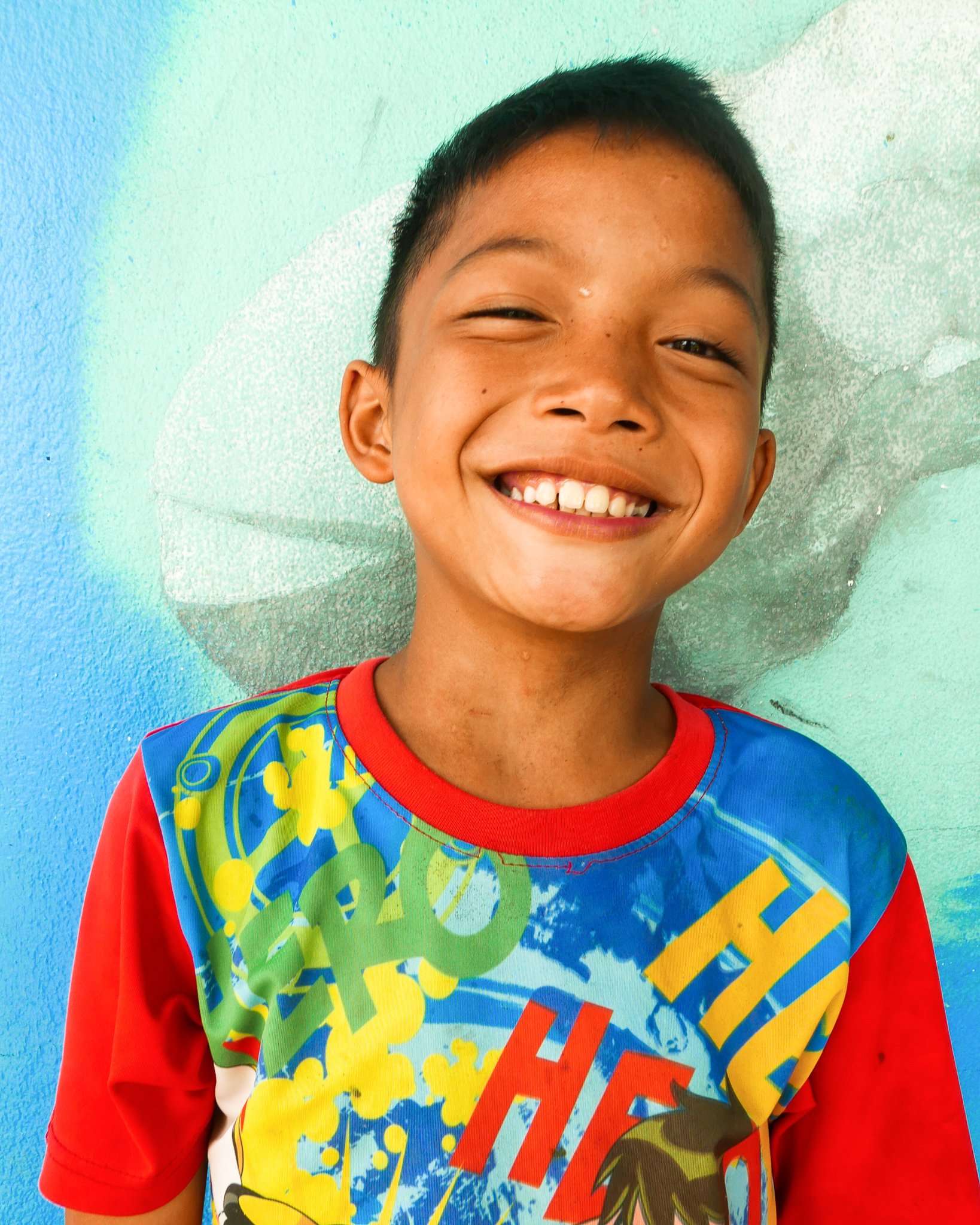June 10, 2022
Real freedom
WRITTEN BY - Michael Brosowski
The rescue operation went exactly to plan.
We located Sẻng in China, about 500km from the border from Vietnam. A team was able to get her back to an official checkpoint within 24 hours. Shortly after, she was safely back in Vietnam.
Sẻng’s terrifying 4 months in slavery as a forced bride were over.
But what happened next was a little unusual.
Once across the border, Sẻng asked if it was ok to NOT give a statement to the police.
Normally we accompany trafficking survivors to meet the police and make a formal report, so that their traffickers can be caught. Under Vietnamese law, victims of crime have the right to refuse to make a statement, but usually survivors are eager to report the crime.
When asked why she was reluctant, Sẻng explained that she wanted nothing more than to be at home with her family. She feared that if they knew what had happened to her, she would be judged and cast out of the community.
Sẻng thanked us for responding to her call for help and bringing her back to Vietnam. But, in a quiet, nervous, voice, she asked us to now let her go home alone and to not contact her again.
Sẻng knew that we could offer legal representation, emergency shelter, counselling, and assistance to go back to school or get a job… but all she wanted was to forget the nightmare she had just escaped and return to her home. She had already planned in detail how she would explain her absence to her family; they would never know that she had been trafficked and sold, or that she had ever stepped foot in China.
Respecting her wishes, we handed Sẻng the bus fare back to her home town. With a little extra cash to buy new clothes and some food, Sẻng stepped onto the bus and said farewell. With our number programmed into her phone, she was welcome to call any time should she change her mind. The decision was hers.
“Sẻng’s story reminds us of how important it is to listen to women and girls who survive the experience of human trafficking – and not to listen to the biases we’ve learned over the years.”
– Michael Brosowski

Sẻng’s desire for total anonymity – her desire to put the experience of slavery completely behind her as though it never happened – is a little unusual, but it isn’t surprising.
Sadly, Sẻng feared that her return home after trafficking would be marred by the weight of expectations heaped upon her.
It doesn’t happen to everyone we rescue, but it is common. Neighbours, relatives, and even complete strangers feel they have the right to weigh in with their opinion.
“She should have been more careful.”
“Maybe she wanted to marry a Chinese man and then changed her mind.”
“Such a stupid girl.”
Some people will quickly blame her family: “They must have sold her.” This myth is one that media and even some international NGOs often perpetuate. It’s rarely true.
Still others, often with good intentions, will lay their own expectations on her: “She should speak up and be an advocate for survivors.”
“She should share her story to help other girls avoid being trafficked.”
Women and girls who survive the ordeal of human trafficking have so much to deal with. It’s common that their trafficker makes them feel responsible for what has happened; they may blame themselves for being the victim of a crime.
Having friends, family, and everybody else chime in to add to this burden is more than some can bear. Sẻng knew this, and just wanted to be free. Even though that would mean she was denied any help to recover from her ordeal.
Every year when International Women’s Day rolls around, a theme is chosen to highlight a particular issue. This year, that theme is “Break the Bias.”
Sẻng’s story reminds us of how important it is to listen to women and girls who survive the experience of human trafficking – and not to listen to the biases we’ve learned over the years.
The experience that each survivor has had, and the assistance that they need to recover, is very individual and very personal. No two people are the same.
Whatever story we once read online, or whatever anecdote we heard a friend share, shouldn’t shape our judgement of women who have been trafficked. We have no right to ask them to meet our expectations.
Sẻng made the decision that she believed was best for her. She has every right to do so; but she should never have had to fear as she did.
To be truly free from slavery, women and girls also need to be free from the biases and judgement that are so frequently cast upon them.
Related
TK’s Journey: From Refugee to UN Award Recipient – A Beacon of Hope and Change
In a world where stories of hope and perseverance often go unheard, the story of Ntakamaze Nziyonvira, known as TK, stands as a beacon of inspiration. At Not For Sale, we are honored to spotlight TK’s remarkable journey from a refugee camp to becoming a United Nations...
From The Frontlines: Vi Do’s Transformational Journey from Streetchild to CEO
Watch our first 'From The Frontlines' video series. We are thrilled to present an intimate and inspiring interview with Vi Do, Co-CEO of Blue Dragon Children's Foundation. Hosted by our very own Mark Wexler, co-founder of Not For Sale, this episode is a deep dive into...
Great News: Massive Bipartisan Support for Vital Legislation in the U.S. House
On February 13, 2024 the U.S. House of Representatives passed the Frederick Douglass Trafficking Victims Prevention and Protection Reauthorization Act (H.R. 5856) with an overwhelming and bipartisan majority. This crucial piece of legislation, championed...

